I Ditched Duolingo After 3 Months: What Worked Instead
Duolingo helped me learn hiragana and katakana. Then it became a waste of time. Anki, YouTube grammar videos, and podcasts got me further, faster.
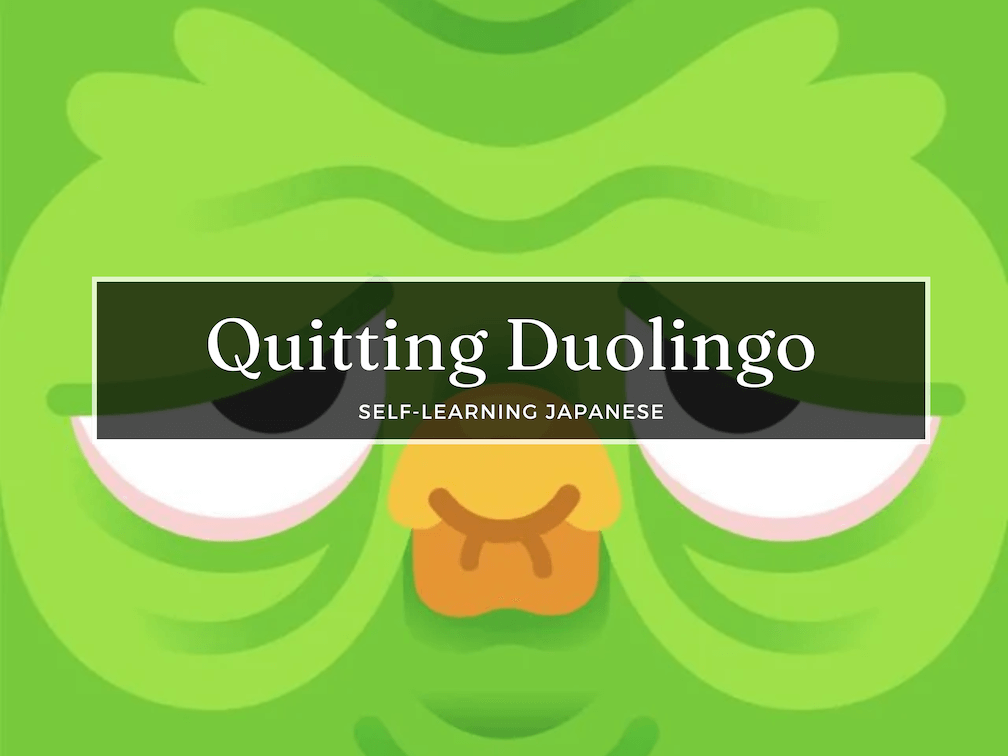
I stumbled into learning Japanese in mid-August 2024 when I saw my friend using Duolingo. Out of curiosity, I downloaded the app and started playing a few lessons.
Being an avid manga reader, I had wanted to learn Japanese for quite some time but never found the motivation or the “right” class or course to get started.
Duolingo changed that for me—at least initially. With its streak system and guilt-inducing push notifications, I managed to develop a habit of learning bite-sized Japanese daily.
I began by using Duolingo to drill hiragana and then katakana, gradually becoming familiar with the characters. The app also introduced me to some basic vocab and sentence structures, and I felt my skills improving bit by bit.
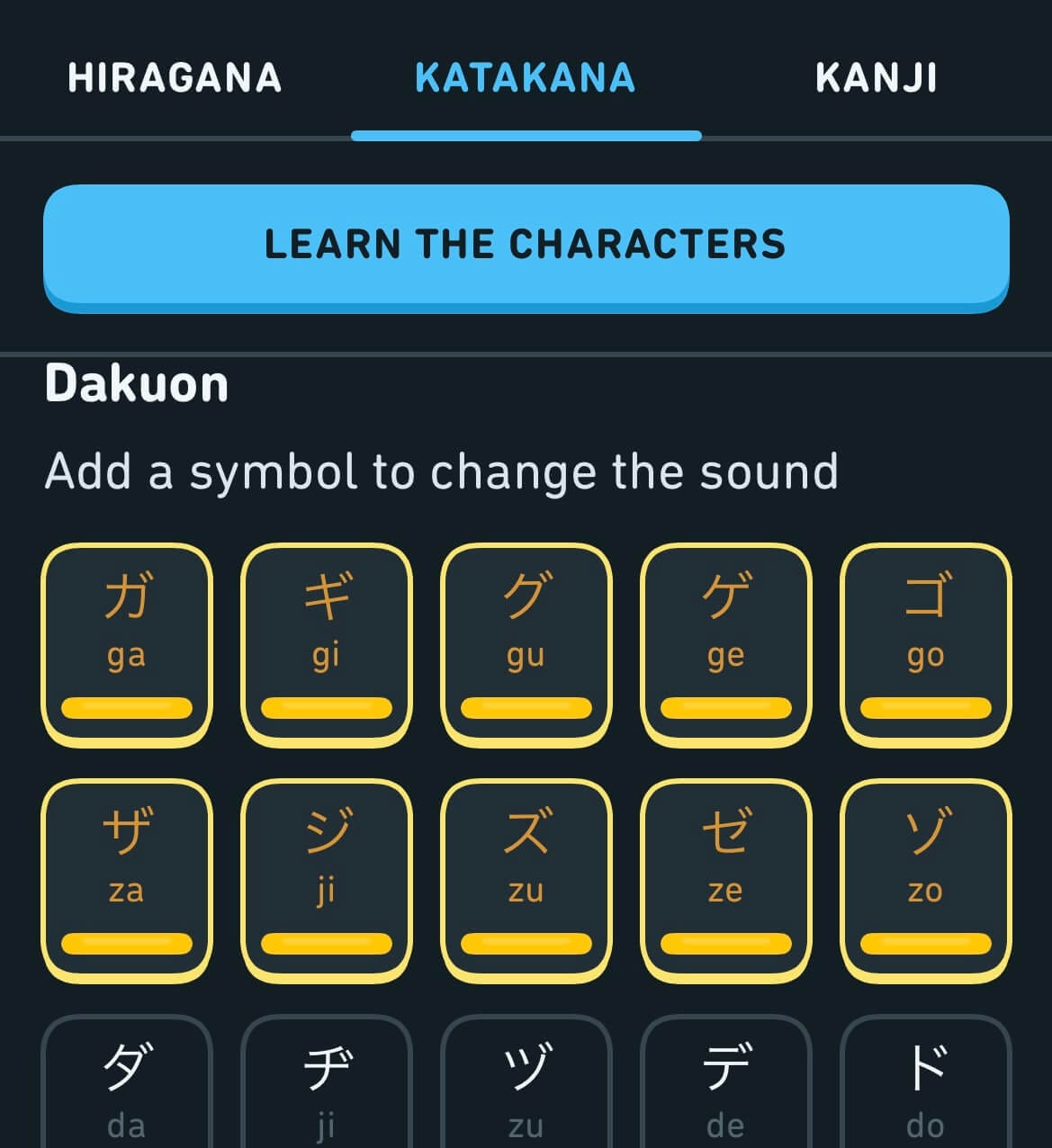
So far, so good, right?
But after a few weeks, I became more serious about learning Japanese. I started exploring Youtube videos on self-studying Japanese, which led me to Anki for vocabulary drills and tackling grammar through videos and podcasts.
I still maintained my daily Duolingo streak at that point, but cracks in its effectiveness began to show. Here are the key problems I faced:
1. Slow Pace and Long Time Spent
I quickly realized that my speed of learning vocabulary through Anki outpaced what I could achieve on Duolingo, especially when considering the time I spent on both apps. Duolingo became less of a learning tool and more of a revision exercise for vocabulary I had already learnt through Anki.
The problem lies in how Duolingo is structured.
When using Anki, I can immediately decide if I know a Japanese word or phrase: I either hit “Good” if I understand it or “Again” if I don’t, which takes about 3-8 seconds.

But on Duolingo, when presented with a Japanese sentence I already understand, I still need to piece together an English translation.
This process, which involves (i) finding the English words and (ii) placing them in the correct order, takes significantly longer—20 to 40 seconds per question. It feels more like solving an English puzzle than testing my Japanese comprehension.
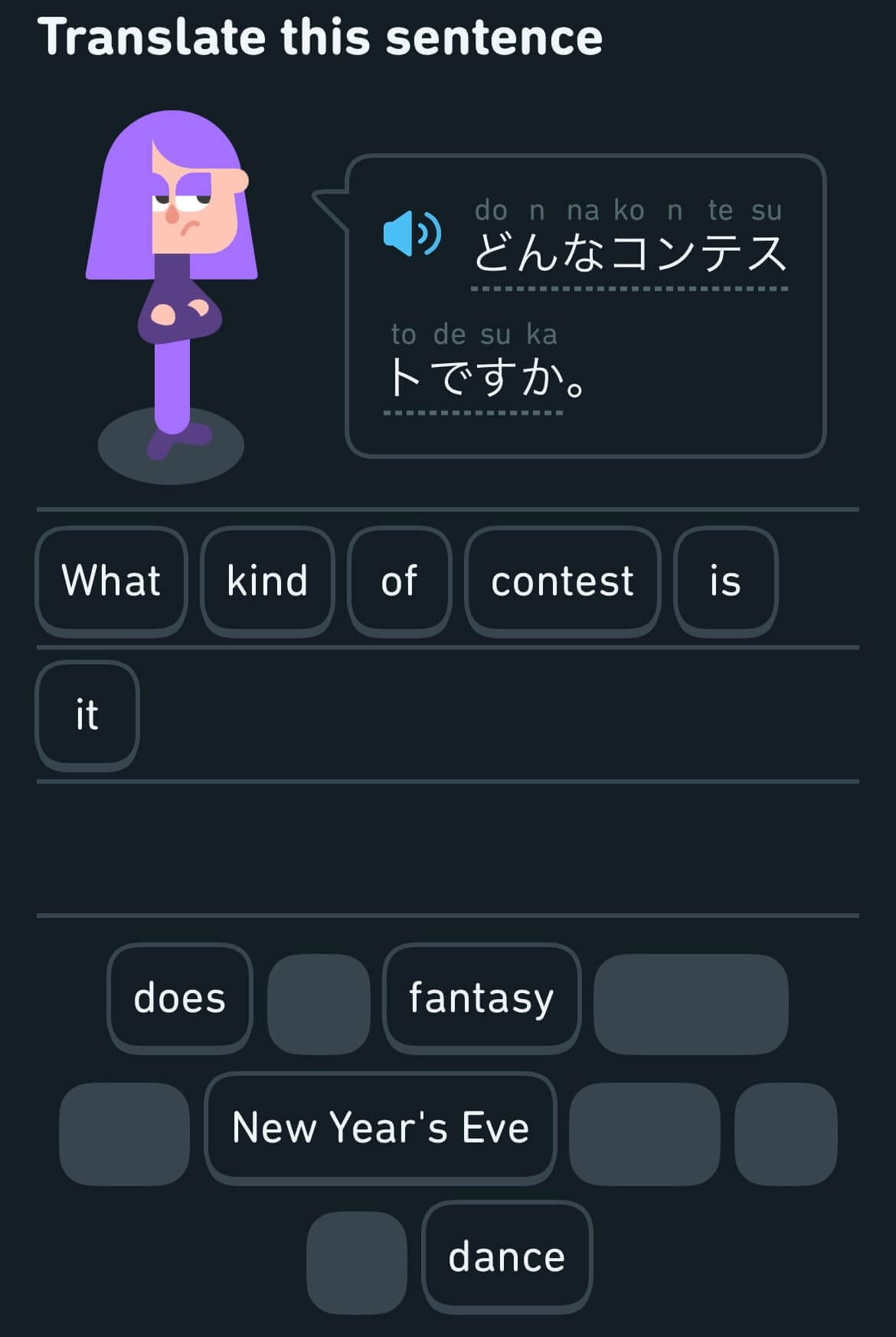
Over time, this inefficiency meant that my vocabulary and sentence structure knowledge expanded far faster with Anki than with Duolingo.
In short, Duolingo is not time-effective for learning new vocabulary or sentence structures.
2. Cheating the System
Another problem with Duolingo is that it unintentionally encourages a form of “cheating.”
For example, in Duo's word-matching exercises, I can deduce the correct answer by process of elimination, even if I don’t know one of the words. This might help me pass the exercise, but it doesn’t reinforce the unfamiliar word in my memory.
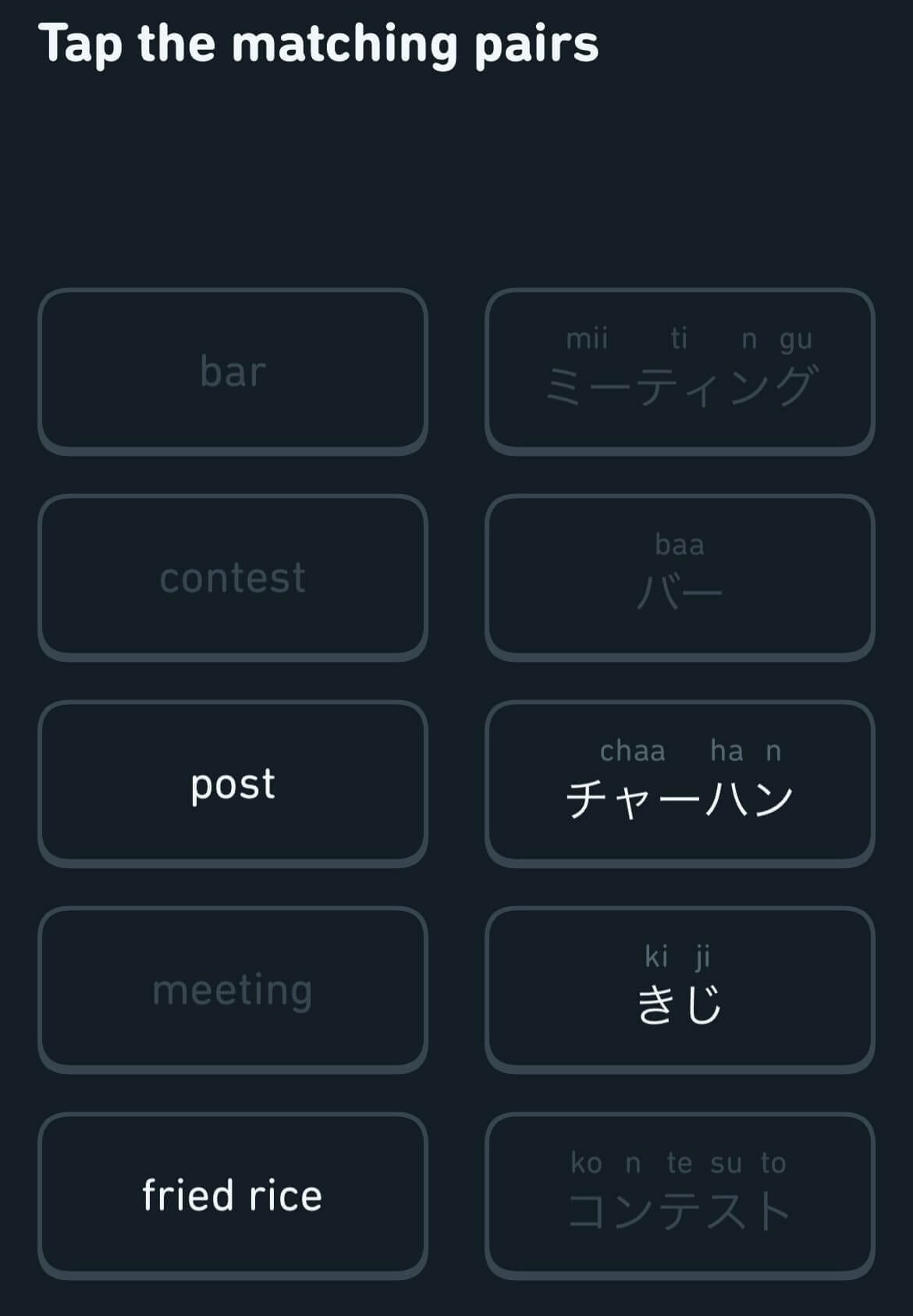
This isn’t the case with Anki. If I don’t know a new word, I simply hit ‘Again,’ ensuring that the unknown word comes up for more repetition later. This repetition is crucial for reinforcing long-term memory.
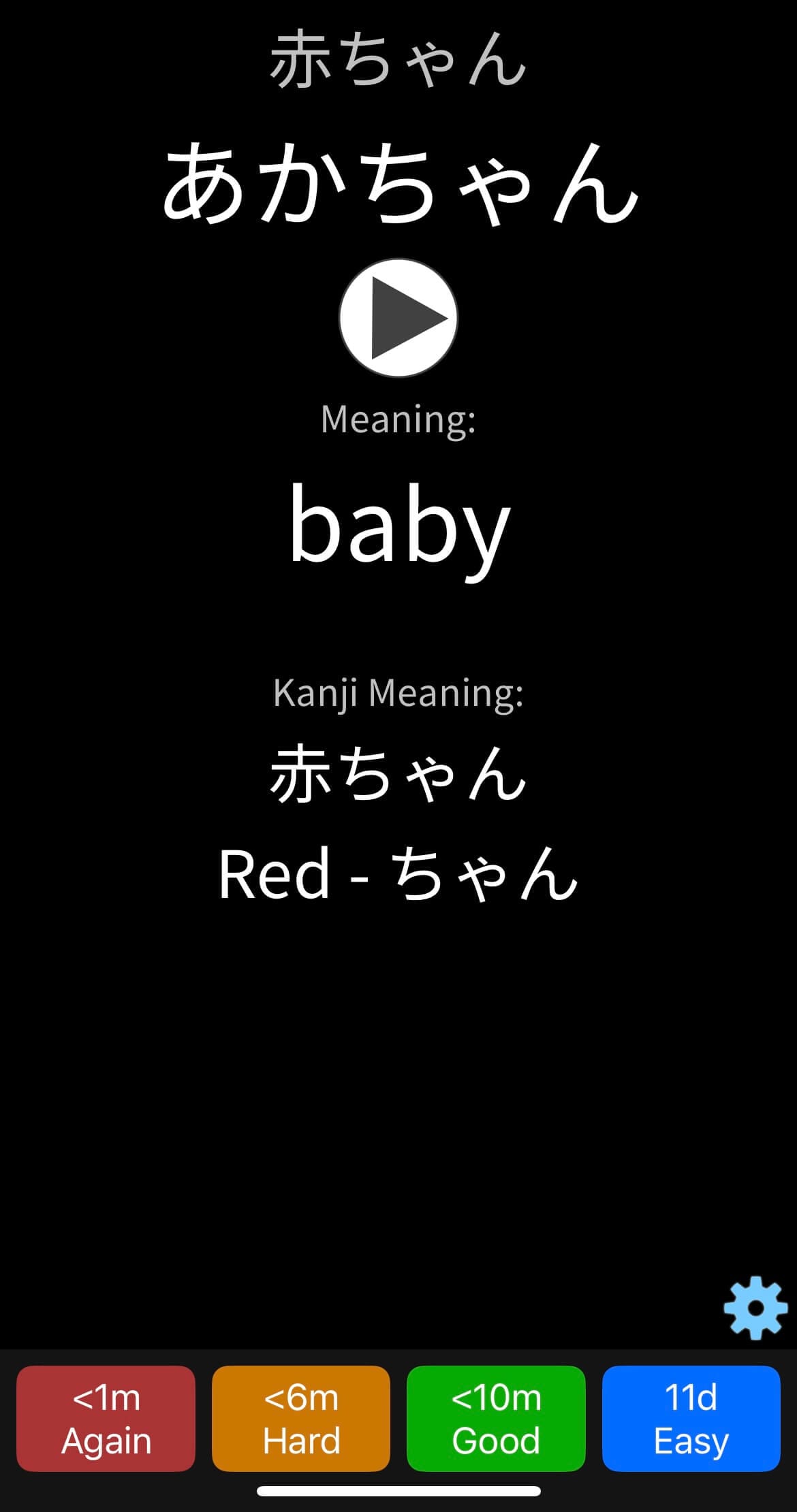
By allowing myself to cheat on Duolingo, I miss out on those essential repetitions, which means that despite spending time there, new words rarely cement themselves in my memory.
Conclusion
Despite these issues, I’ve continued using Duolingo—but only minimally. The streak system and competitive league rankings create a sort of Stockholm syndrome: I know it’s not the most effective tool, but I feel compelled to maintain my streak.
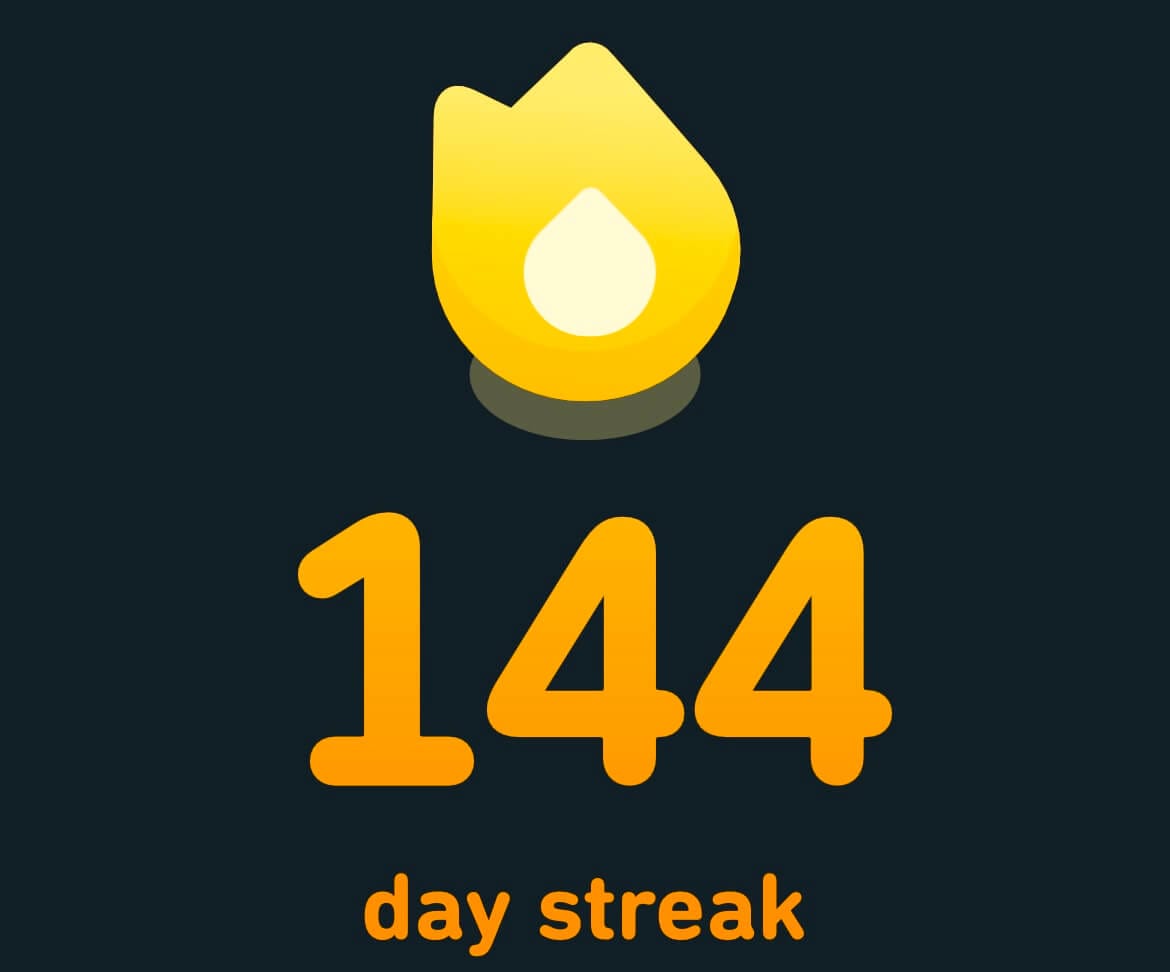
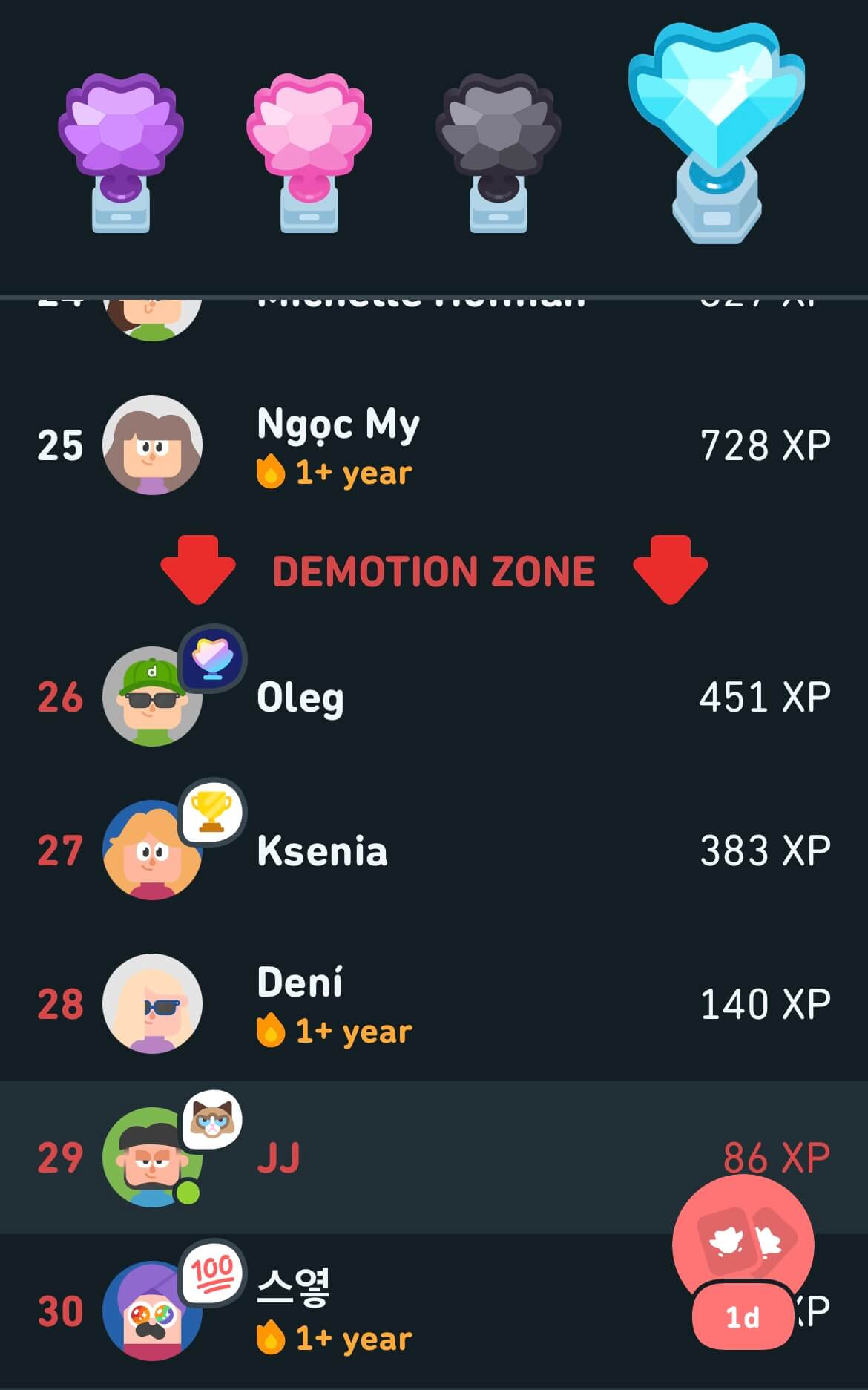
Damned streaks and league board!
However, I’ve drastically reduced my time on Duolingo to just one lesson a day to keep my streak alive. Instead, I’ve reallocated my efforts toward Anki, grammar videos, podcasts, and doing some light immersion.
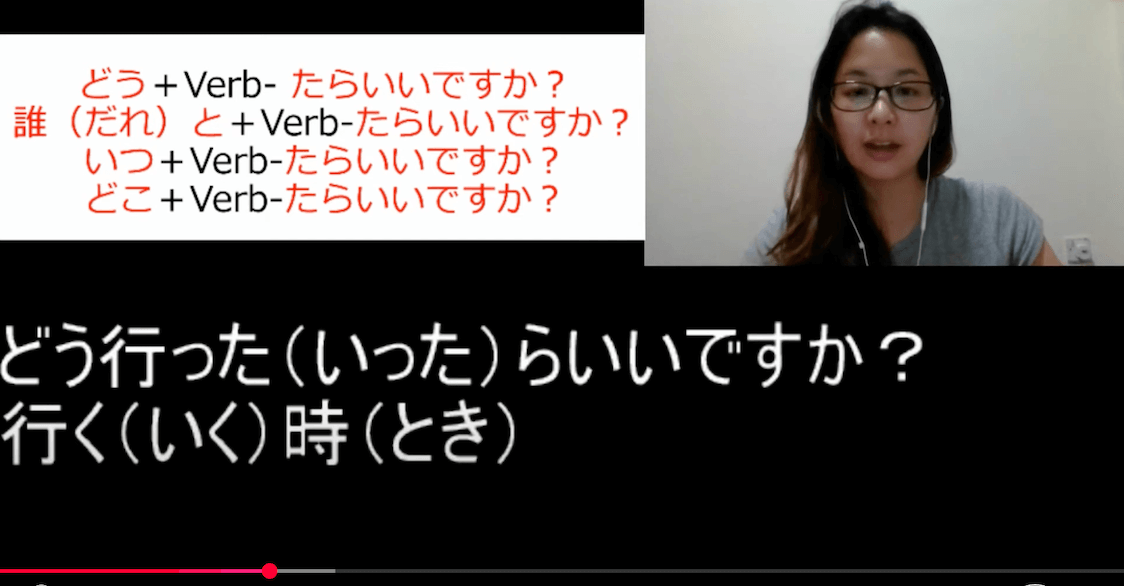
To Duolingo’s credit, it did help me get started on my Japanese learning journey. The gamified experience and structured lessons were a great way to build momentum, especially for mastering hiragana and katakana. But beyond those basics, I’ve found that Duolingo’s limitations outweigh its benefits.
In the end, does Duolingo suck? Not exactly. But is it effective? That’s debatable. For absolute beginners, it’s a decent introduction. But if you’re serious about progressing, you’ll eventually need to move on to better study methods.
For me, it’s time to move on. If you find yourself asking if Duolingo is a waste of time, I’d say trust your intuition—there are surely better options out there. For me, quitting Duolingo (or at least scaling back) was the right move.





